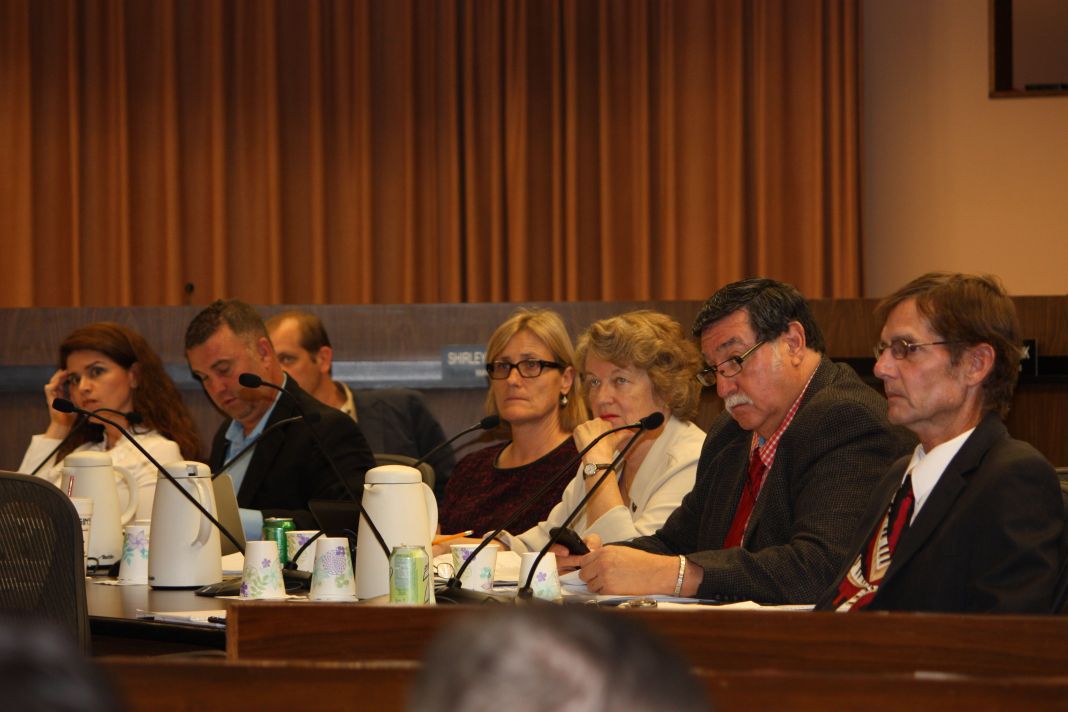Fitch Ratings, one of the largest credit rating agencies in the world, has revised its economic outlook for the city of Tucson from “negative” to “stable.”
The company changed its view from a year ago when it had determined the city was always in “a persistent structural budgetary imbalance” and had concerns about increasing pension costs, lower-than-forecast revenues and continued use of the “rainy day” fund and other one-time money to close budget gaps.
Fitch maintained its credit rating for the city’s three types of debt from last year but improved the outlook. The ratings from the other credit-rating agencies, Moody’s and Standard & Poor’s, were maintained this year.
High credit ratings help the city secure lower interest rates on bonds it sells, including voter-approved general obligation bonds to repair streets.
Assistant City Manager Joyce Garland, the city’s chief financial officer, said recent budget decisions and the hiring of several key permanent upper management positions helped improve the city’s finances.
“We just structurally balanced our budget — that is probably the biggest change that occurred,” Garland said.
Officials with Fitch agreed, also noting the city should see gains related to continued public and private investments in downtown Tucson.
The “fiscal 2017 budget is structurally balanced, as management has successfully addressed a chronic imbalance between recurring revenues and expenses,” Fitch’s report states.
Moody’s mostly agreed, specifically mentioning Caterpillar Inc.’s decision to open a regional headquarters in downtown Tucson, creating hundreds of jobs. However, the agency listed “negative” outlooks for the city’s general obligation bonds and certificates of participation.
Standard & Poor’s outlook for the city was “stable” for all three debt types.
City Councilman Steve Kozachik said the council will need to continue to maintain a structurally balanced budget.
“What that shows is that they’ve taken notice that we’re headed in the right direction with our budget, but they also let us know in order to get our ratings upgraded, we’ve got to stay the course. No more one-time fixes, and stick to the game plan we have in place,” he said.
The city is expected to refinance $23 million in existing general obligation bonds in the coming months. Under market conditions, refinancing will save the city an estimated $1.65 million over the life of the bonds, city officials said.
Additionally, the city will refinance $26.8 million in certificates of participation, a form of financing involving lease revenue. That’s expected to save the city an additional $1.8 million.
However, the three rating agencies still have long-term concerns about the city, including continued increasing costs of the state-run public safety pensions and the city’s limits on raising revenue because of a self-imposed property tax cap.
On Wednesday, the city issued $17.2 million in water bonds and is expected to sell $20 million more in general obligation bonds. The latter is the fourth and final installment of the $100 million authorized by voters in 2012 to repair and resurface city streets.





